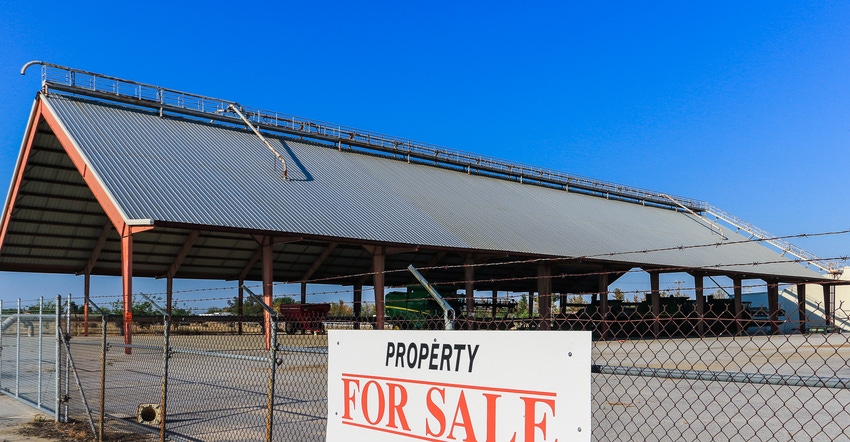
Two seemingly unrelated issues point to additional challenges for California farmers trying to sustain homes and businesses. On a national scale it suggests a potential tipping-point could be forthcoming as the country’s top ag-producing state adds to a populous with little-to-no understanding of farming and trade.
Last November Democrats gained a supermajority hold in the California Legislature while maintaining the party’s lock on the governor’s office. Meanwhile, data from United Van Lines in its annual mover’s study suggests that of those moving to California more are age 18-34 than any other demographic, with many of those new arrivals reporting incomes over $150,000. Conversely, over half of those leaving California were age 55 and older.
Job changes were cited as the primary factor in leaving or moving to California though anecdotal reports suggest those fleeing dislike the politics of the state. Nearly two-thirds of those moving to California did so because of their job.
Neighboring Arizona gained most of its new residents in 2018 as the product of retirement while job opportunities forced the largest percentage of movers to leave the state. While California’s inbound and outbound numbers are more closely aligned, Arizona numbers revealed a 2:1 ratio of new residents over those leaving the state.
Oregon, Washington and Idaho were other western states with a higher percentage of incoming residents. New Jersey ranked highest among states people left in 2018. Jobs and retirement made up more than two-thirds of those fleeing the Garden State.
What do these figures suggest for California, which remains the leading farm state in the nation? While it’s widely known that California’s regulatory burden on businesses in general and agriculture specifically is quite high, the political supermajority is worrisome at best. Couple that with a younger population that is not predisposed to support the scale of agricultural production and what it takes to get food from farm to fork could likewise present a problem.
We recently reported in Western Farm Press that California agriculture will face an uphill battle as experts highlight the continued importance of helping urban legislators understand the needs of farmers. This tactic is already well under way by various agricultural groups who host farm tours for members of the legislature and various regulatory agencies. Getting that new crop of young residents on board with similar messages could be a bigger challenge as the unchecked, unsubstantiated messages in social media resonate with young adults and urban legislators.
As fewer people become detached from their food supply in this country it becomes more imperative that leaders at all levels – private and public – be able to effectively communicate the basic importance of a domestic food supply that is as much about sustenance as it is national security. Woven in these discussions will need to be messages on the importance of sustainable irrigation water and greater public research dollars for agricultural studies, to name just two of many facets of the necessary public debate.
About the Author(s)
You May Also Like






